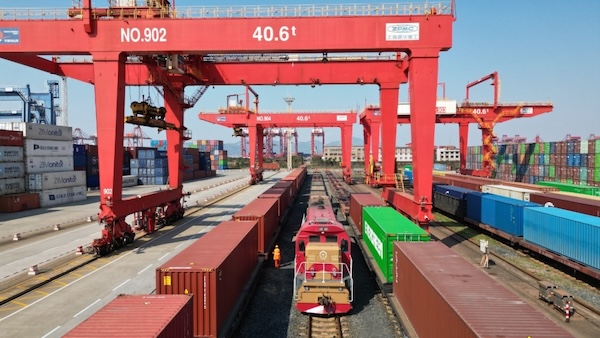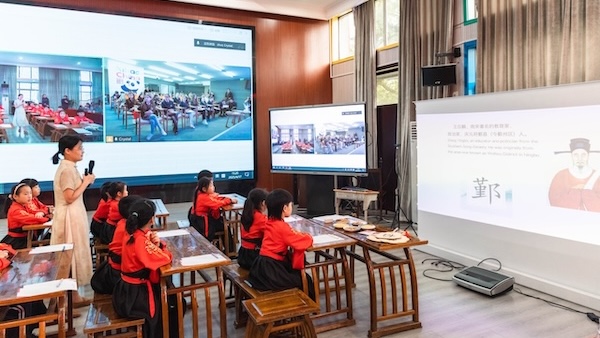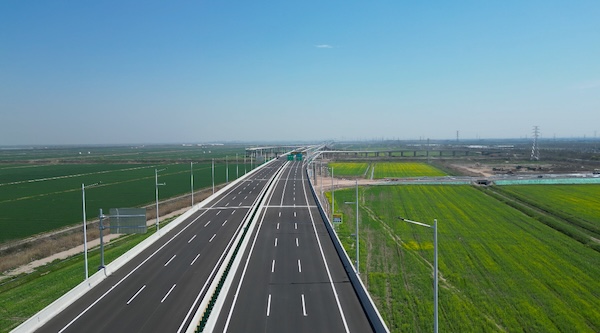Ningbo poverty reduction practices win global recognition
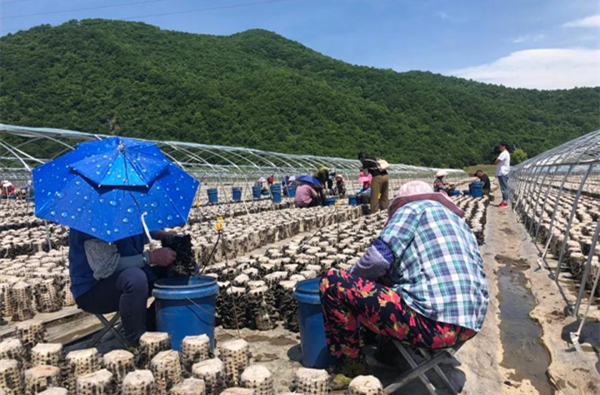
A fungus farm in Wangqing county, Yanbian Korean autonomous prefecture, Jilin province. [Photo/WeChat account: nbfb0574]
Three poverty alleviation practices adopted by Ningbo in East China's Zhejiang province made the list of the best poverty reduction practices in the world, which was recently unveiled at the 2021 International Seminar on Global Poverty Reduction Partnerships held in Beijing.
The list was released by international organizations including the International Poverty Reduction Center in China, the World Bank, the Food and Agriculture Organization of the United Nations, the International Fund for Agricultural Development, the World Food Programme and the Asian Development Bank.
This year, 494 poverty reduction cases from 29 countries were nominated, with 106 earning recognition.
The case of Ningbo's Beilun district helping Wangqing county in the Yanbian Korean autonomous prefecture in Jilin province eliminate poverty through fungus plantation is among the recipients of the honor.
Beilun was paired with Wangqing in 2018 under the east-west poverty relief program launched by the central government.
Over the past three years, the district has allocated nearly 100 million yuan ($15.4 million) to help Wangqing county develop its fungus industry. Presently, there are nearly 40,000 people in Wangqing who work in fungus plantation and other related industries.
The two other cases from Ningbo are Haishu district helping Zhenfeng county in Qianxinan Bouyei and Miao autonomous prefecture, Guizhou province alleviate poverty by tea plantation and Ninghai county helping impoverished women in Qinglong county, also in Qianxinan prefecture, find employment.

 Ningbo seabird project seeks international volunteers
Ningbo seabird project seeks international volunteers  Jakub's journey: From shipyard to sea
Jakub's journey: From shipyard to sea 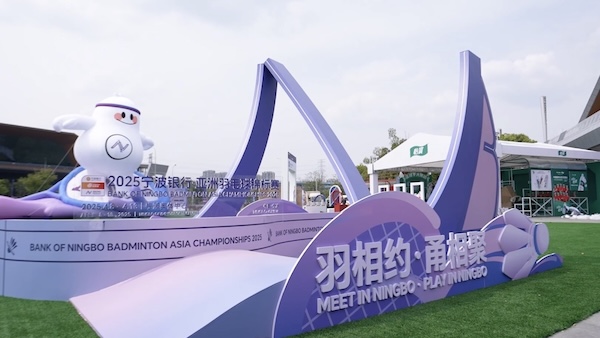 Badminton Asia COO applauds Ningbo
Badminton Asia COO applauds Ningbo 